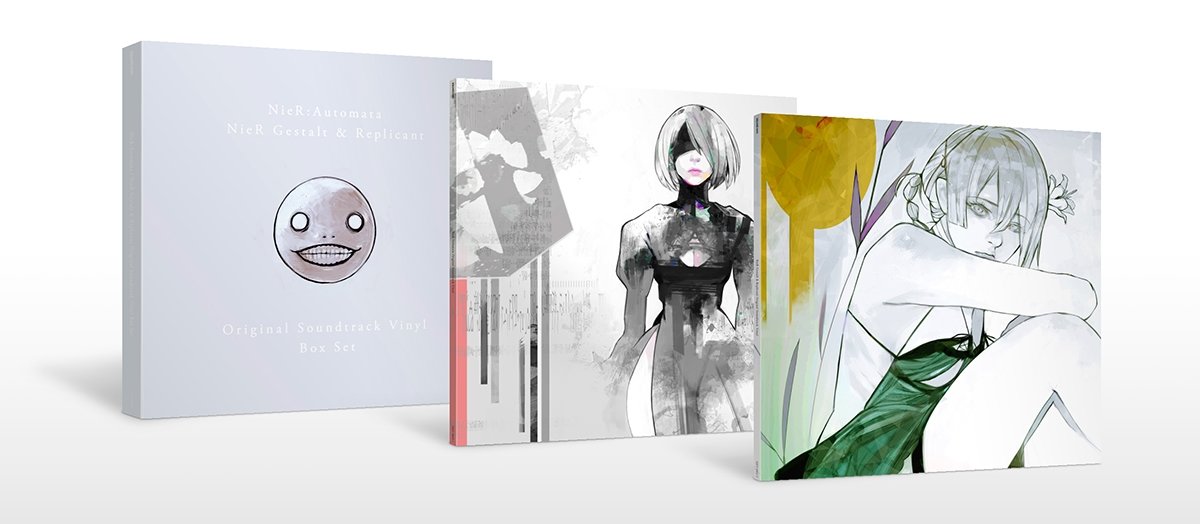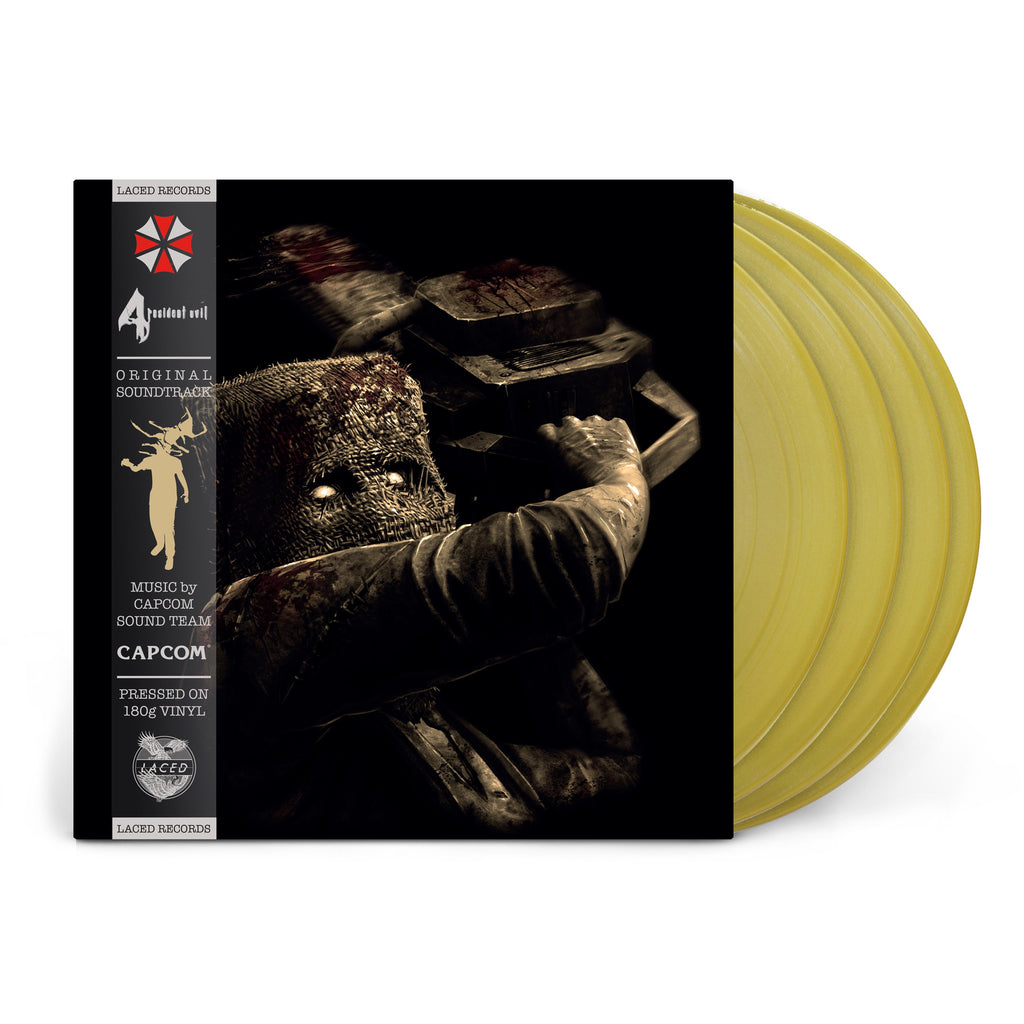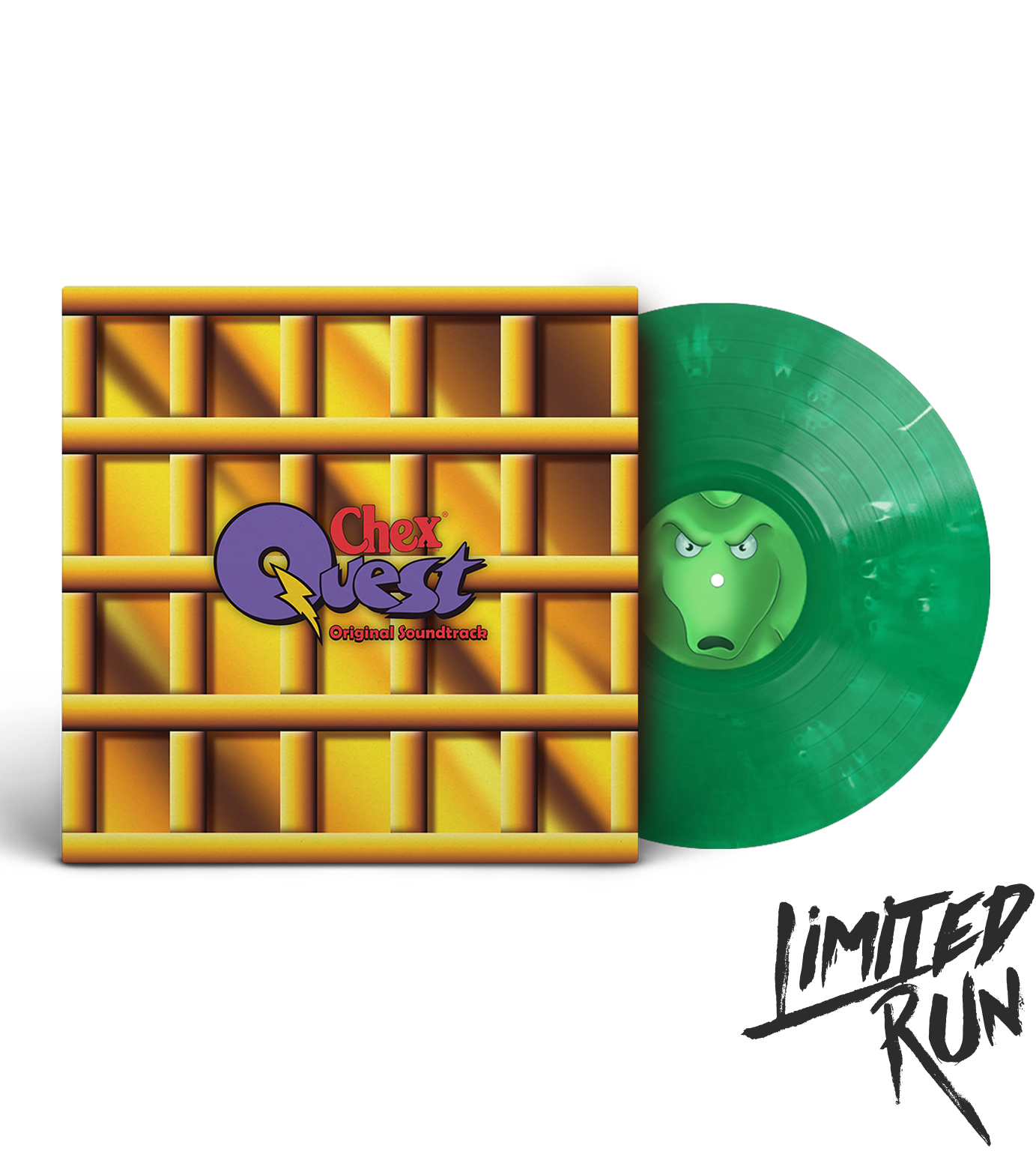Faust
Perpetually Tired
I have recently begun to delve into the world of Vinyl Records and I have discovered a new realm of enjoying one of my favorite aspects of video games: the music. Whether it is listening to the scratchy, unnerving sounds of Silent Hill, the upbeat and hip-hop inspired Jet Set Radio, or the classical piano renditions of Skies of Arcadia - there is a wide variety of various styles that take advantage of the media and gives it a unique sound compared to traditional digital or CD-based formats.
With the recent resurgence of Vinyls and the increasing amount of re-releases and first time prints for game soundtracks, I thought it best to create a place where we can discuss and share our finds and collections as well as help out on those interested in starting their collection.
If you are looking to start out, I found this short video to be the most helpful for me when I started a few years back.

(Taken from Wikipedia)
Vinyl recordings of video game music find their origins in the 1970s with early experiments by Kraftwerk[2] and albumssuch as Yellow Magic Orchestra's self-titled 1978 release sampling electronic music from the games Circus, Space Invaders, and Gun Fight.[1] In 1984, Haruomi Hosono released the first generally recognized video game soundtrack album, Video Game Music,[2][3] and the practice experienced its "golden age" in the mid-to-late 1980s with hundreds of releases including Buckner & Garcia's Pac-Man Fever, Namco's Video Game Graffiti, and Koichi Sugiyama's orchestral covers of the Dragon Quest series.[1] The 1990s saw many fewer commercial releases and a shift to promo releaseswith increasing use of video game samples in rap[4] and hip hop.[5]
The trend away from vinyl discs continued in the 2000s as fan-made remixes also began to be produced, however by the 2010s the trend reversed and the practice of producing video game soundtracks on vinyl experienced a revival.[1][6] The vinyl revival of the 2010s has itself been attributed to inspiration in younger music buyers from video games,[7] and it has led to the establishment of video game soundtrack oriented vinyl record labels like Black Screen Records,[8] Data Discs,[9] Brave Wave, and iam8bit,[10] and shifts toward similar releases for labels like Ghost Ramp,[11][12] Ship To Shore Phonograph Co.,[13] and Mondo Tees.[14] In a 2015 article, music journalist Mike Diver suggested that "this scene within a scene is experiencing boom times", however he noted that some in the music industry, including Invada manager Redg Weeks, were concerned by the risk of over-saturation of the market.[8] These concerns were later repeated by Jamie Crook of Data Discs,[9] and although he has joined Mondo's Mo Shafeek in arguing that the vinyl medium itself and the related revival is in no way a fad or bubble,[15] in 2017 Kotaku reported concerns from dedicated video game soundtrack labels that pressing plants were scheduling their manufacturing runs last in order to favor traditional labels.[6]
The 2000s-2010s revival of interest in this medium has been characterized by releases in limited numbers and promotional albums only available at special events or as pre-order bonuses.[1] In addition, the practice has been adopted by the cult[14] and Indie game scenes, with its proponents citing audio quality,[1] interactivity,[1][16] artwork,[1][17]nostalgia,[8][17] unique content,[17][18] and the fact that vinyl albums represent tangible aspects of intangible (digitally distributed) products[8][16][17] as key elements to what makes vinyl soundtrack albums attractive. Additional considerations for collectors include archival and preservation aspects for older games,[19] examination and recontextualization of the music as a means to expand or further explore the game,[13][18] and curiosity among audiophiles unfamiliar with video gaming music as a genre.[19] Due to the limited nature of modern releases, many albums are considered highly collectible, with some regularly selling in excess of $100 USD. For Western collectors, additional difficulty is imposed by the cost of importing albums from Japan where the majority were produced during the "golden age" of the 1980s.[8][17]

Last edited:


















